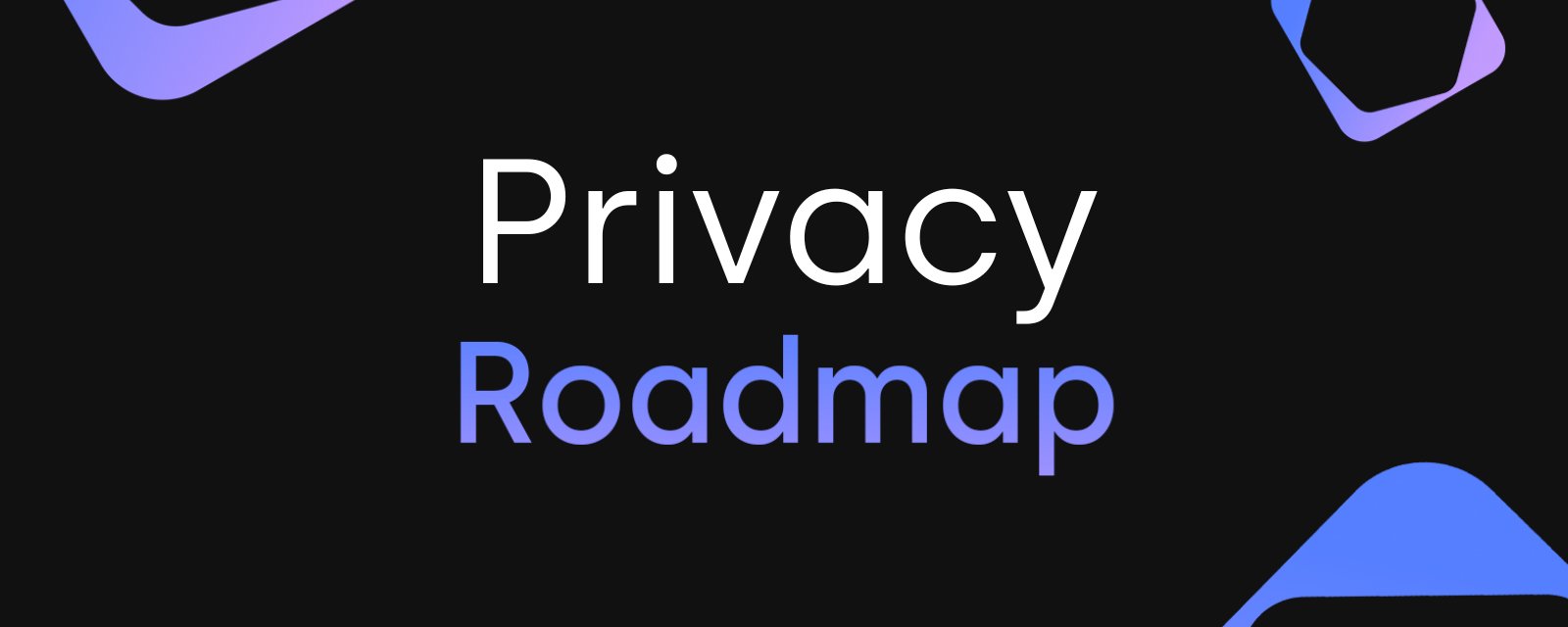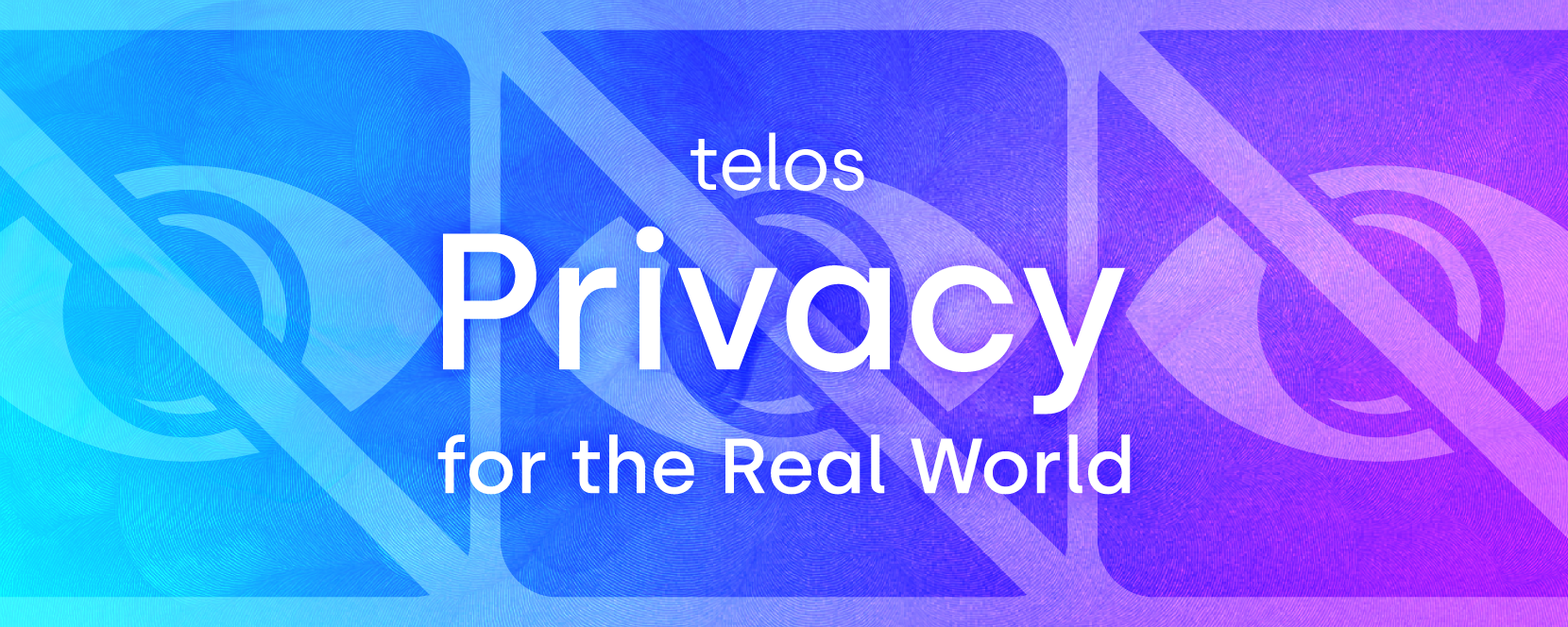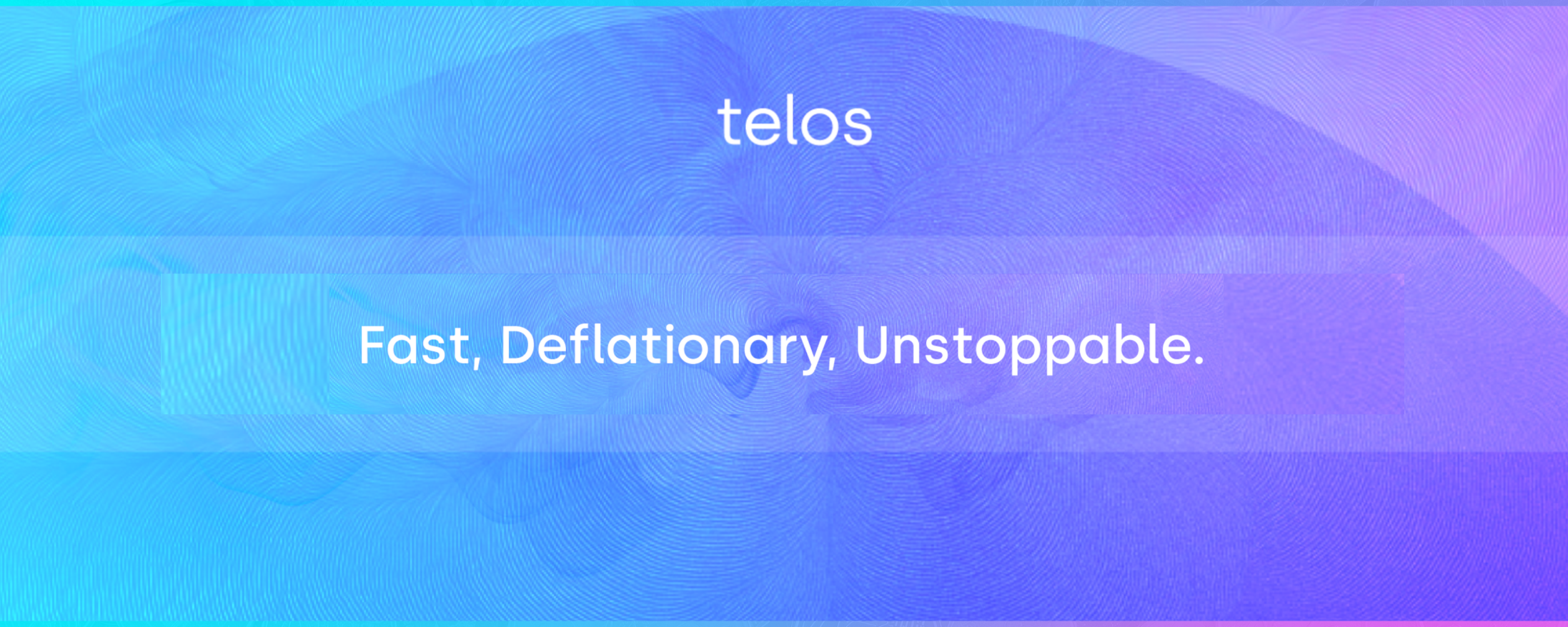AI Needs ZK Proofs—Here’s Why

In today’s digital world, technology is moving fast. Zero-Knowledge (ZK) proofs and Artificial Intelligence (AI) are coming together to change how we use technology. This isn’t just a cool idea—it’s essential for making our digital lives more secure, efficient, and trustworthy.
AI's Role in the Digital Ecosystem
AI is revolutionizing industries by automating complex processes, analyzing massive data sets, and making decisions faster and more accurately than humans ever could. Take, for instance, financial institutions that use AI to monitor transactions in real-time, detecting fraudulent activities before they cause significant damage. Or consider healthcare, where AI is analyzing patient data to predict illnesses and suggest personalized treatments.
But as AI systems take on more responsibilities, the demand for trustworthy, provable actions becomes critical. Imagine a scenario where an AI-driven trading algorithm is executing high-value transactions. Investors need assurance that these actions are based on verified information and that their financial data remains secure. This is where ZK proofs come into play.
The Synergy of ZK and AI
ZK proofs and AI together form a powerful partnership. ZK proofs enable AI to operate in environments where data integrity and security are paramount.
Consider a multinational bank using AI to manage international transfers. The AI needs to verify that the transaction complies with each country’s regulations without revealing proprietary financial details. ZK proofs make this possible by allowing the AI to prove compliance while keeping the underlying data confidential. This ensures trust among all parties involved, from regulators to clients.
Fully Provable Systems
With fully provable systems powered by ZK proofs, such misrepresentations would be impossible. Every claim about a company’s financial status would need to be backed by a ZK proof, verifying the claim without revealing sensitive details. This transparency is especially crucial in high-stakes environments like global finance, where trust is the currency of choice.
For instance, a hedge fund could use AI to assess the risk of a new investment strategy. The AI can model various scenarios, and ZK proofs can ensure that the underlying data and assumptions are accurate and verifiable. This way, investors can trust the AI’s recommendations, knowing that the strategy is based on solid, proven data.
Enhanced Data Protection
In sectors like healthcare, finance, and legal services, data privacy is not just a priority—it’s a legal requirement. ZK proofs allow AI to perform its functions without exposing sensitive information, making it ideal for industries where confidentiality is critical.
For example, consider a healthcare provider using AI to analyze patient data and recommend treatment plans. ZK proofs can ensure that the AI’s recommendations are based on accurate patient data while keeping that data secure and private. This means the AI can suggest the best course of treatment without exposing personal health information, complying with regulations like HIPAA.
Scalable and Efficient Solutions
When ZK technology is paired with AI, the result is a system that can scale efficiently across industries. As ZK tech continues to evolve, these systems will handle more significant workloads without compromising security or performance.
Take supply chain management as an example. AI can optimize logistics by predicting delays and rerouting shipments in real-time. ZK proofs can verify each step of the process, ensuring that the data driving these decisions is accurate and that sensitive supplier information remains confidential. This combination not only improves efficiency but also builds trust among partners in the supply chain.
The Future of ZK and AI
Looking ahead, the combination of ZK proofs and AI will give us systems that are not only intelligent but also inherently trustworthy. Whether it’s proving identity attributes for secure access to digital services or ensuring the confidentiality of international business transactions, the integration of ZK and AI is set to redefine how we interact with digital systems.
In the world of finance, for example, banks could use AI to streamline loan approvals. ZK proofs would ensure that the borrower’s financial history is accurately assessed without revealing unnecessary details, reducing the risk of fraud while speeding up the approval process.
As we build these technologies, we’re moving towards a world where transparency, security, and efficiency are the norm. This is the future we’re working on—one that’s as reliable as it is innovative.
The content provided in this article is for informational purposes only and should not be construed as financial or investment advice. Always conduct your own research and consult with a professional before making any financial decisions. Cryptocurrency investments along with other asset classes can be volatile and can result in potential losses. Always use caution, practice due diligence, and never invest capital you cannot afford to lose. Remember to always maintain the security of your accounts, use strong passwords, enable two-factor authentication, and be wary of phishing attempts. Stay safe and invest responsibly.
Telos is a decentralized blockchain ecosystem that includes Telos EVM, which is tested as the fastest Ethereum Virtual Machine globally, and its high-speed consensus layer, Telos Zero. With its continued focus on helping push forward the global adoption of Zero Knowledge technology, Telos is also currently developing a hardware-accelerated Ethereum Layer 2 network powered by SNARKtor, with the goal of enhancing privacy and scalability for global use cases at scale. Telos is overseen by The Telos Foundation, an ownerless foundation dedicated to advancing the Telos blockchain network and its community.


